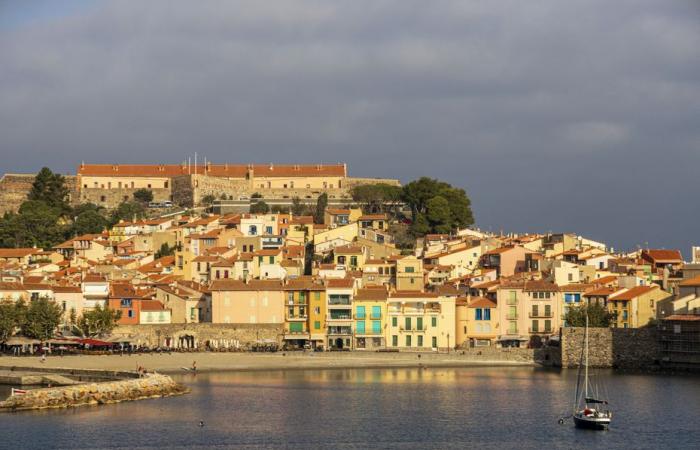On November 7, 2024, a law aimed at regulating furnished tourist accommodation was adopted by the National Assembly. Nicknamed “anti-Airbnb law”, this text has been awaited for many years in tourist towns, where the proliferation of these accommodations prevents locals from settling in, as is the case in Collioure in the Pyrénées-Orientales.
Company
From daily life to major issues, discover the subjects that make up local society, such as justice, education, health and family.
France Télévisions uses your email address to send you the “Society” newsletter. You can unsubscribe at any time via the link at the bottom of this newsletter. Our privacy policy
The pretty town of Collioure (Oriental Pyrenees), its colorful houses on the rocky coast, its beach at the foot of the town center and… its tourists. The French's favorite village welcomes three million visitors each year. One in seven homes is a second home, many of which are Airbnbs, short-term rentals.
“Today, I do not have any annual rental property since we have a shortage market, describes Jérôme Barrio, Barrio real estate manager. There are very few offers and a lot of demand. As soon as accommodation becomes available, it will be re-let immediately.”
It is almost impossible for locals to live in the city, which has become unaffordable. The town hall is delighted with this anti-Airbnb law, passed on November 7, 2024, which aims to regulate seasonal rentals. The legislative system detailed by our colleagues from France info specifies that second homes can now “require special authorization from the town hall, especially in tense areas where the need for housing for residents is a priority”.
The municipality of Collioure will already work on establishing internal regulations that rental companies will have to respect. Each tourist accommodation must be registered at the town hall. Better traceability for the community which will allow it to better collect tourist taxes, to better control these short-term accommodations, in particular with the definition of quotas for authorizations for furnished tourist accommodation by sector.
This law will allow us today to qualify sectors, integrate them into the local urban planning plan, and place quotas on them. That is to say, if we do not authorize them, we will not authorize them.
Guy Llobet, mayor of Collioure
Today, 100,000 Airbnb accommodations are for rent in Occitania. A figure that has doubled in 7 years.
Enough to worry hoteliers, who have taken the American company to court. They accuse it of unfair competition.
“Today, the problem is that they come to hunt on our land with more advantageous rates than us, because they have less expense than us. A hotel today, you need a fire alarm, you need a night watchman, insurance in shambles”, distinguishes Brice Sannac, president of the Union of hotel trades and industries of the Pyrénées-Orientales
While awaiting the court's decision, the hotelier is satisfied with this law, which attacks a tax loophole. The reduction on their income from which Airbnb owners benefited will be reduced by around 20%.






